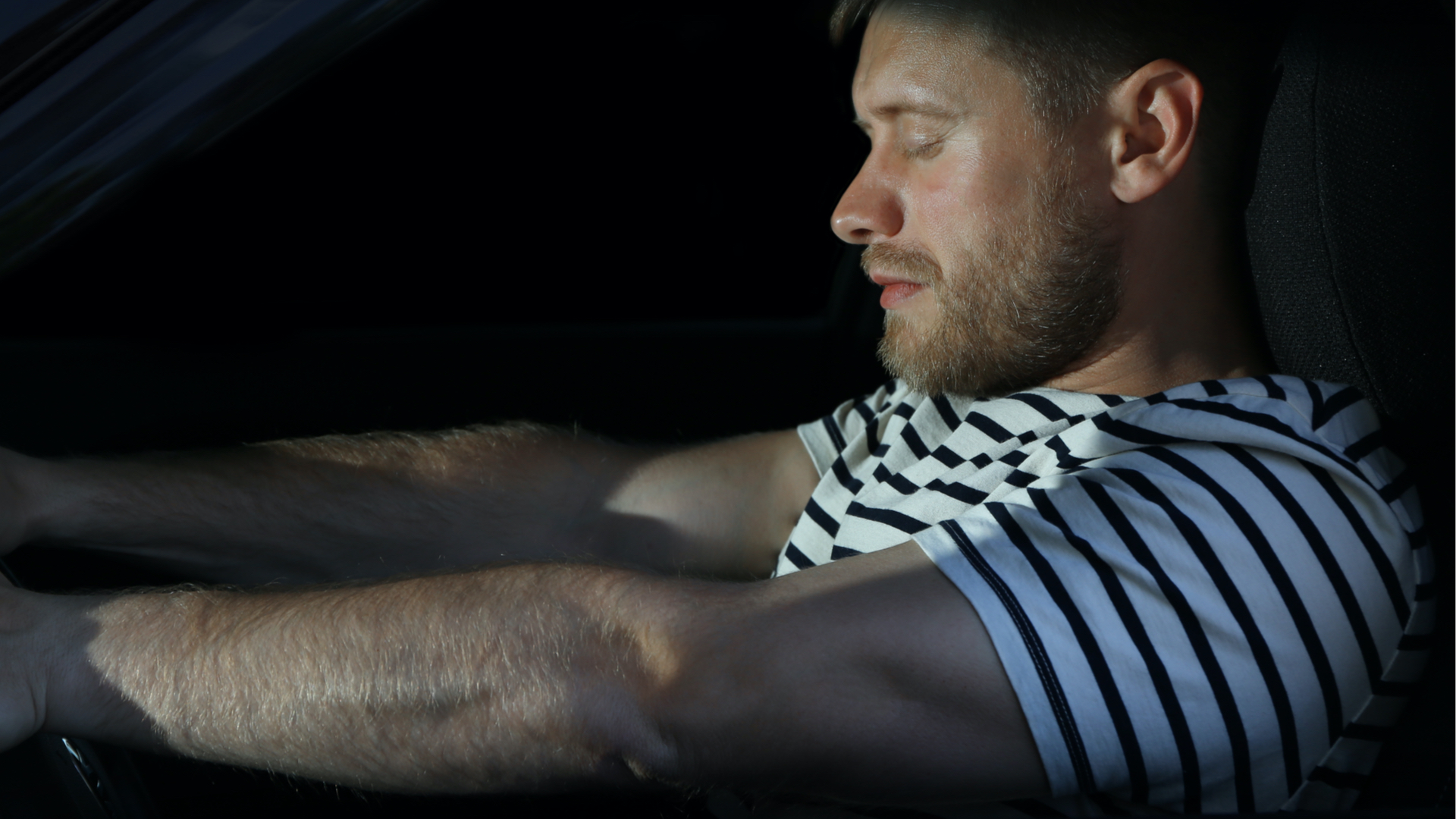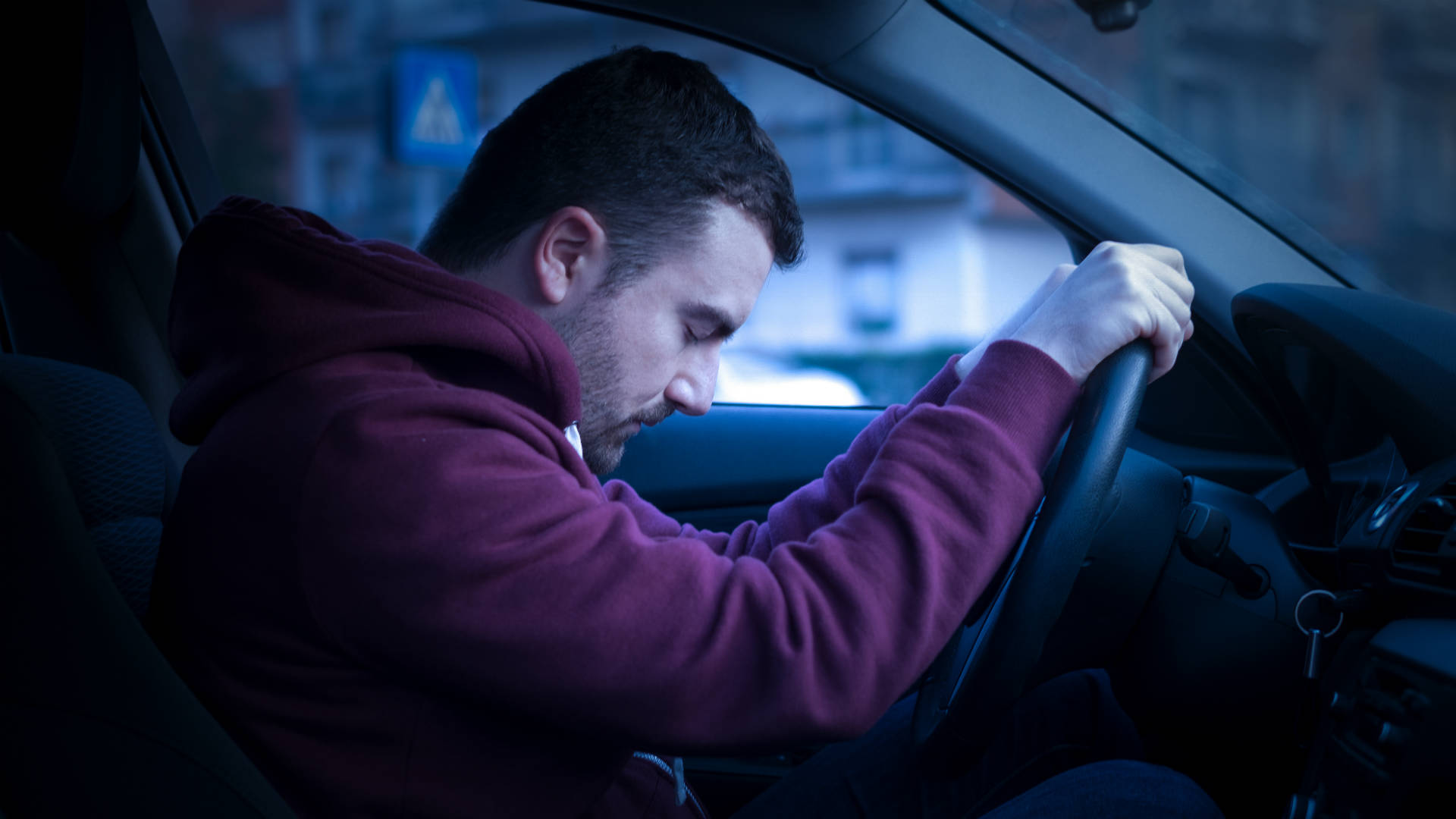
Van drivers feel more tired in the autumn and winter compared to summer, according to new research.
This comes on the weekend that the clocks goes back, with British Summer Time (BST) ending at 2am on Sunday. It means that many van drivers will be completing their working day in the dark.
Eighty-three percent of van drivers said tiredness is a factor in the autumn and winter months, with 45 percent saying the shortage of daylight impacts on their mood.
Worryingly, nearly HALF of the 2,000 van drivers who took part in the study confessed to nearly falling asleep at the wheel.
Almost two-thirds of the respondents said they take a break to alleviate tiredness. Separate research shows that this is the only cure for drowsy driving. Earlier this year, the National Sleep Foundation said drivers should take a nap for 15 to 45 minutes when tired.
Fifty-eight percent of the van drivers surveyed in this latest study said they opened the window to stay awake.
This doesn’t work.

Predictably, the longer a van driver spends on the road, the more likely they are to feel fatigued. Nearly two-thirds of drivers who spend more than 50 hours of their working week in their van felt more tired in the winter.
Meanwhile, 41 percent of those who work between 15 and 20 hours in their van felt the same.
Steve Bridge, managing director of Mercedes-Benz Vans UK, the company behind the research, said: “Although no one should be afraid to drive during the darkness of a winters’ morning or evening, it is something that requires extra consideration before even setting out on the road.
“The hard-working van community is not immune from the impact of SAD (Seasonal Affective Disorder) or increased isolation during the winter months, so during this period of the clocks changing, we’re determined to raise awareness of just how tiring it can be on both physical and mental health this of year.”
Public Health England (PHE) and the NHS launched the Every Mind Matters campaign on 7 October. It’s designed to help people take simple steps to look after their mental health and support others.
A PHE survey reveals that 83 percent of people have experienced early signs of poor mental health in the last 12 months. These signs include feeling anxious, stressed, having low mood or trouble sleeping.
Helping van drivers to sleep better

Using NHS advice, van drivers should take the following steps to avoid sleep problems:
- Keep regular sleep hours: going to bed when you’re tired and getting up at roughly the same time helps teach your body to sleep better. Avoid naps.
- Confront sleeplessness: if you’re lying awake, don’t force it. Get up and return to bed when you feel sleepier.
- Create a restful environment: dark, cool and quiet environments make it easier to fall asleep and stay asleep.
- Write down your worries: set aside time before bedtime to make a list for the next day.
- Move more, sleep better: being active can help you sleep better.
- Put down the pick-me-ups: caffeine and alcohol can keep you awake and prevent deep sleep.
For more information, visit the NHS Every Mind Matters campaign website.